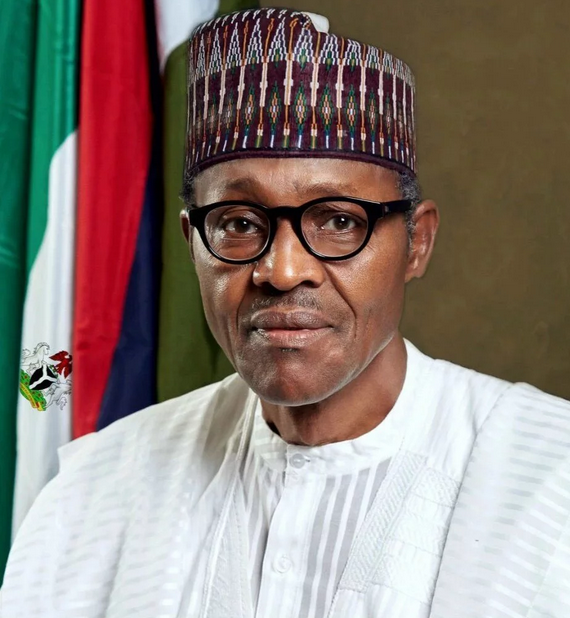Nigeria lost about N757.44bn in transactions with other countries in the first quarter of the year, the World Bank has said.
The bank said this in a report, Africa Pulse, which was released in Washington after a video press conference that was monitored in Abuja on Monday.
According to the bank, Nigeria suffered current account balance deficit of 3.6 per cent of the Gross Domestic Product in the first quarter of the year as a result of falling oil prices.
The country’s GDP as of the first quarter of the year stood at N21.04tn, according to the National Bureau of Statistics. This puts 3.6 per cent of the GDP at N757.44bn, which is what the nation lost in transactions with other countries from January to March.
Current account balance measures the balance of trade (including goods and services) with other countries. Thus, it is the difference of the transactions with other countries; exports less imports.
A deficit balance means that the nation’s imports have been more than exports. This situation is informed by the dwindling fortunes of the country’s major export commodity, oil, in the international market, as well as the nation’s high propensity for foreign goods.
The World Bank said, “Commodity exporters have been hit hard by the worsening terms of trade. Oil exporters such as Angola, Nigeria, and Republic of Congo are particularly affected because of their heavy dependence on oil exports.
“The current account balance is expected to turn sharply negative in Angola and Nigeria, and to remain large among oil importers as non-oil imports continue to rise in these countries.
“In Nigeria, the current account deficit widened to an estimated 3.6 per cent of the GDP in 2015 Q1, from the 0.6 per cent of GDP in 2014 Q4.
“In Kenya, the current account deficit has remained large (nine per cent of the GDP), despite the decline in the price of oil, as the downturn in tourism caused by security concerns continued to weigh on export earnings.”
The report stated further, “Heavy dependence of fiscal revenues on commodity exports, in turn, contributed to the weakening of fiscal balances. The fiscal positions of oil exporters such as Angola, Nigeria, and Republic of Congo were particularly affected.
“In Nigeria, distributable revenues to the federal and state budgets fell by about 40 per cent between January and June 2015, triggering a severe tightening of public spending.”
The World Bank report stated that growth was expected to decelerate in sub-Saharan Africa to 3.7 per cent, the lowest since 2008, because of commodity price declines and infrastructure deficiency.
According to the report, this is especially the case for the largest two economies in the continent, Nigeria and South Africa.
Specifically on Nigeria, it stated, “The slowdown is driven by the non-oil sectors. Growth slowed notably in the manufacturing sector. Part of this slowdown was related to oil refining, one of the key activities in the sector, recorded a sharp decline.
“However, the pronounced contraction in manufacturing production also reflected more acutely than before on Nigeria’s huge infrastructure and electricity deficits, which are impairing the ability of factories to operate.”
The report was authored by World Bank’s Acting Chief Economist, Punam Chuhan-Pole, who also anchored the video press conference.
Chuhan-Pole said at the press conference that it was important for African countries to embark on structural reforms in policies that were impeding the growth rate.
